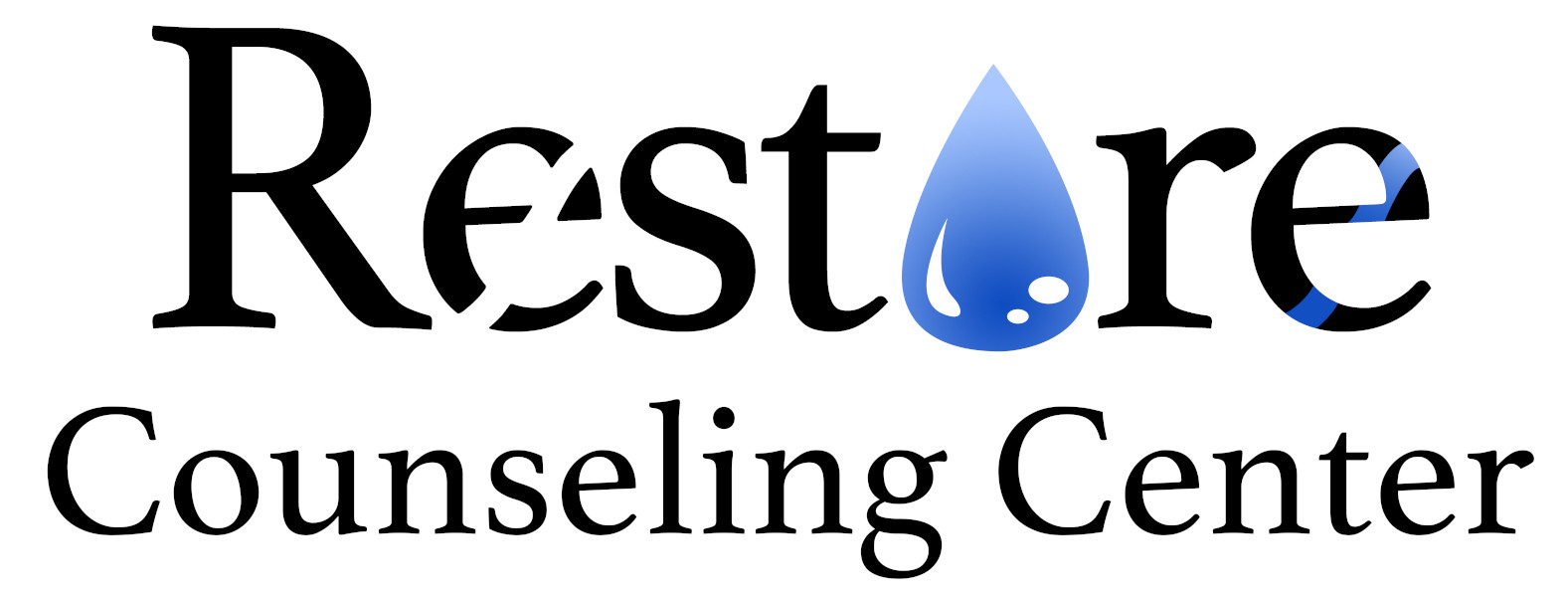One normal day in October of 2020, I drove home from work in tears. I couldn’t handle my emotions alone anymore. I knew that I was depressed, but I would not let myself use the word. I felt alone regardless of where I was and who I was with. The stress of my job was too much for me, and my spiritual and relational lives were in shambles.
I needed help.
Perhaps you feel like I did several years ago. Even the idea of seeking help can create new anxieties: What if I can’t be fixed? What if I’m a burden? What if my insurance doesn’t cover what I need? What if people judge me? What if I judge myself? Most people are willing to help others, and you might be ready and willing to offer support to your friends and family in their times of need. Why then, can it be so hard to find the help that we need? Three primary challenges that keep people from pursuing the help they need are:
Stigma
Regardless of what they may be experiencing, a fear of mental health stigma prevents many from pursuing the support they need. Many people see their own mental health concerns as a personal or spiritual failing, even if they don’t believe that about others. My emotional low came amid working with many individuals who suffered from anxiety, depression, and PTSD. The stigma that I felt toward my own mental illness was heavy, even though I was encouraging others not to be feel ashamed of their own.
Loss Control
Sometimes pursuing help can feel like a loss of control. Admitting a need and finding outside support feels like weakness or failure. Humans were created in need of relationship, community, and support. No one was meant to struggle alone. I felt like I had failed to control my own emotions and made my burdens someone else’s problem in seeking help. Over time I realized that pursuing support is a sign of strength.
Not Knowing Where to Start
Even after admitting that support is needed, it can often be difficult to know where to start. Finding the right therapist or group may seem like a daunting task, and financial concerns can make the process even more challenging. Many employers have employee assistance programs that can help pay for counseling, and insurance companies often have a list of providers in their area who they can help cover. Regardless of where you go, it’s important to invest in your mental health. It is better to pay for someone who will actually help then to settle for mediocre care out of convenience.
I eventually did pursue help. After several months of counseling, I started to find my light again. My relationship with God grew stronger. My relationship with my friends began to heal. Work became manageable. And I realized how the stigma, loss of control, and failure to start that prevented me from seeking help also prevented me from getting well sooner. I found freedom in the healing process, and was able to let go of the stigma and shame that I felt toward myself. Regardless of your life circumstances if you know that it is time to pursue change, pursue it. Healing can be hard, but it is worth every moment.
Intern Jonathan Hiller
